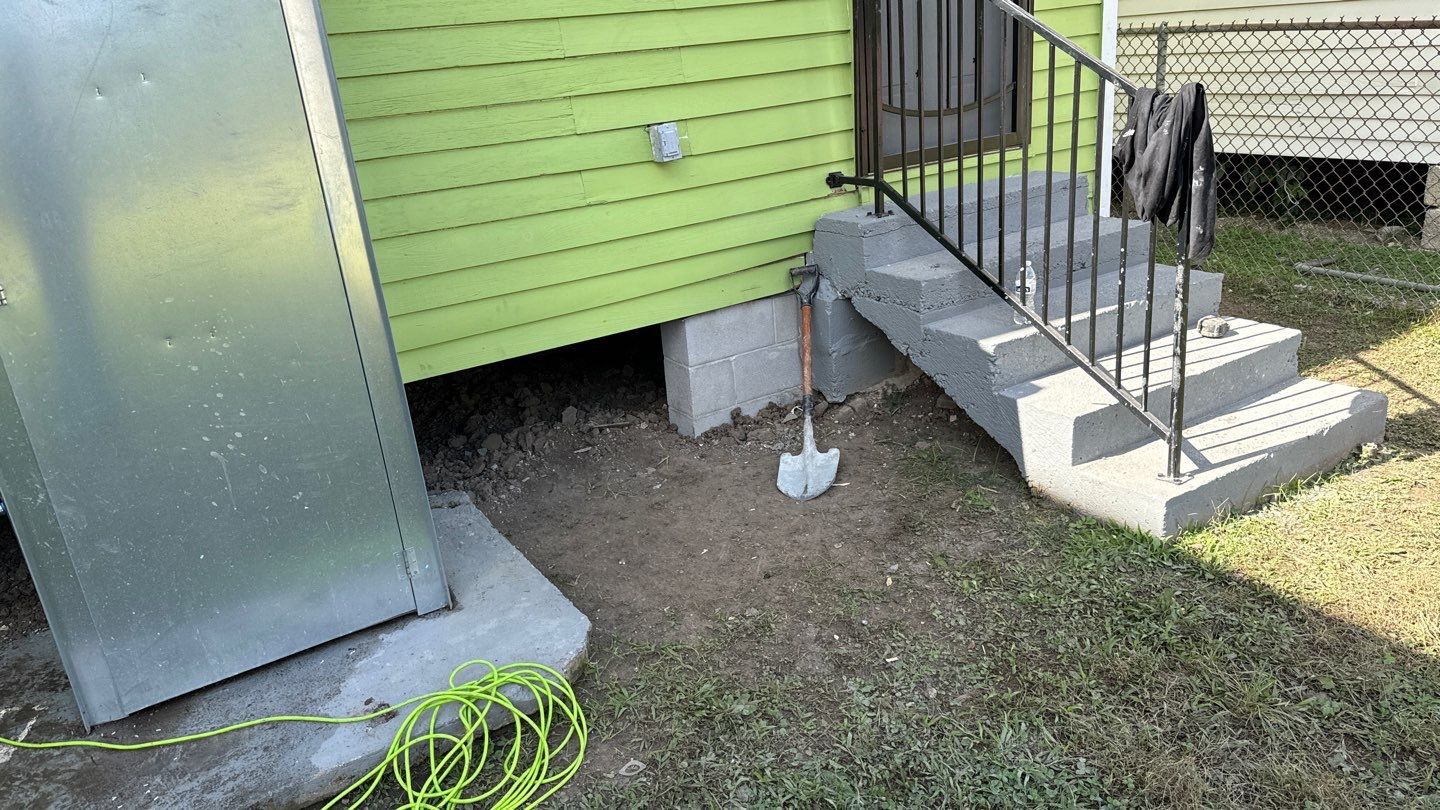Maximizing Water Management in New Constructions
Understanding French Drains: A Vital Component for New Homes
When constructing a new home, managing water effectively is crucial to ensuring the longevity and structural integrity of the property. A French drain is an excellent solution for diverting water away from the foundation, preventing water damage and maintaining the home’s value.
Why Choose French Drains for Your New Build?
- Effective Water Management: French drains prevent water accumulation around the foundation, reducing the risk of water damage.
- Versatility in Design: Can be integrated into various landscapes without affecting the aesthetic appeal.
- Cost-Effective Solution: Offers a long-term solution to water management with minimal maintenance requirements.
Protip: Ensure proper slope and installation depth for French drains to maximize efficiency and prevent clogs.
Constructing a new home is an intricate process that involves critical decisions about every aspect of the building. One of the most significant considerations is the management of groundwater and surface water to protect the foundation and landscape of the property. French drains have become a staple in new home construction due to their efficiency in handling excess water. Let’s dive deeper into why incorporating a French drain system is a smart move for any new home build.
The Basics of French Drains
A French drain is a slightly sloped trench filled with gravel or rock containing a perforated pipe that directs water away from the house. The design allows water to filter through the topsoil and into the trench, where it is then easily diverted from the home’s foundation. The simplicity of this design belies its effectiveness, making it an indispensable part of modern home construction.
Advantages of French Drains in New Home Builds
Longevity and Structural Integrity
Water is the enemy of a home’s foundation. When water accumulates around the base of a house, it can lead to a multitude of problems, including mold, rot, and structural damage. French drains mitigate this risk by keeping the area dry, thereby extending the life of the foundation and the home itself.
Aesthetic and Functional Landscaping
A significant benefit of French drains is their ability to be seamlessly integrated into the landscaping of new homes. They can be designed to be nearly invisible, maintaining the aesthetic appeal of the property while fulfilling their functional purpose.
Cost-Effectiveness and Maintenance
Compared to other drainage systems, French drains are cost-effective to install and require minimal maintenance. This makes them an economical choice for home builders looking to provide value without compromising on quality.
Best Practices for French Drain Installation
While French drains offer many benefits, their effectiveness is heavily dependent on proper installation. Here are a few best practices to keep in mind:
- Slope: The trench should have a consistent slope to ensure that water flows freely through the system.
- Depth and Width: The trench should be deep and wide enough to handle the expected volume of water.
- Filtration Fabric: Using a high-quality filtration fabric can help prevent the pipes from clogging with sediment.
- Correct Gravel: The size and type of gravel used can affect the drainage capabilities of the system.

